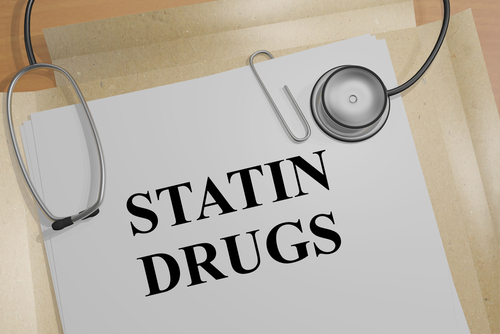Statins may speed up onset of Parkinson's symptoms
IANS Jun 15, 2017
Statins, generally used to treat high cholesterol, may speed up the onset of Parkinson's disease symptoms in people who are susceptible to the disease, says a study.

The findings challenge prevalent perceptions. A recent study reported that people who stopped using statins were more likely to be diagnosed with Parkinson's disease, a finding interpreted as evidence that statins protect against Parkinson's disease."Our new data suggests a different explanation," said Xuemei Huang, Professor at Penn State College of Medicine in the US."Use of statins may lead to new Parkinson's disease-related symptoms, thus causing patients to stop using statins," Huang explained. Another reason for the inconsistent results is that there are two types of statins.
Water-soluble statins cannot get into the brain, while fat-soluble statins, called lipophilic, can.Since people with high cholesterol are treated for both kinds, the interpretation of results as it relates to Parkinson's disease is not easy.The researchers analysed data in a commercially-available database of insurance claims for more than 50 million people. They identified nearly 22,000 people with Parkinson's disease, and narrowed the number to 2,322 patients with newly diagnosed Parkinson's disease. They paired each Parkinson's patient with a person in the database who did not have Parkinson's -- called a control group.Researchers then determined which patients had been taking a statin and for how long before Parkinson's disease symptoms appeared.
The study, published in the journal Movement Disorders, showed that prior statin use was associated with higher risk of Parkinson's disease and was more noticeable during the start of the drug use."Statin use was associated with higher, not lower, Parkinson's disease risk, and the association was more noticeable for lipophilic statins, an observation inconsistent with the current hypothesis that these statins protect nerve cells," Huang said.
-
Exclusive Write-ups & Webinars by KOLs
-
Daily Quiz by specialty
-
Paid Market Research Surveys
-
Case discussions, News & Journals' summaries